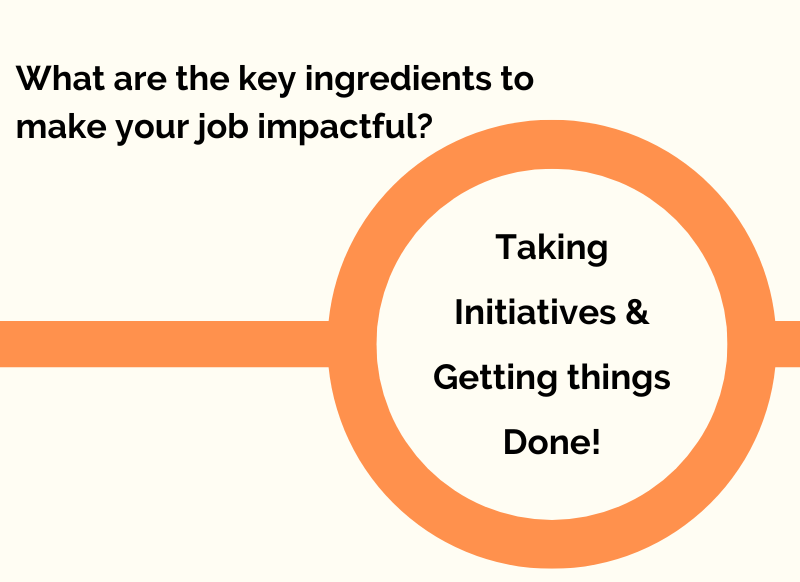Summary: To put it simply, Artificial Intelligence is changing the way businesses operate today. To truly profit from artificial intelligence, a company can no longer experiment with it in bits and pieces. Instead, an AI-driven digital strategy is now a “must-have” for companies seeking to develop faster and maintain a competitive edge.
Research conducted by Deloitte has found, “AI adopters are investing significantly, with 53% of the respondents spending more than US$20 million over the past year on AI-related technology and talent. At the same time, 71% of adopters expect to increase their investment in the next fiscal year by an average of 26%.” Consequently, to retain a competitive edge, leaders may quickly need to move beyond leveraging AI to optimize and automate processes and start using AI to create new products and operation methods.
In the past, algorithms were used to determine loan amounts, hire new employees, and empower chatbots (with varied results). Now, The question isn’t whether a corporation should employ AI, but where it can best benefit them.
1. Forecasts
From finding correlations in data to predicting existing trends more accurately, AI has evolved into a system that analyses preferences and attitudes in vast quantities of data such as text, speech, photos, digital news feeds, and social media. AI can now identify potential disruptors by connecting embedded features, helping firms to better prepare for unexpected events.
Early AI fraud detection systems can now detect bots, making them vital in the fight against hackers, malware, and ransomware. Global financial institutions deploy market shock-adaptive machine learning algorithms to estimate not just investment returns, but also possible disruptions like Covid-19.
2. Increased efficiency
AI enables businesses to grow more quickly by freeing up employees to perform more high-skilled work and, if appropriate, upskilling existing employees. Until recently, AI was thought to be too sensitive to be employed for standard data processing tasks such as cleaning up duplicates in datasets. However now, it is frequently employed for this time-consuming task.
Automation analyses forms and listens to recordings to help reviewers focus their attention, route calls, or simply find missing attachments. By learning which portions of the input are more essential, attention-based techniques have enabled AI to link seemingly unrelated concepts more consistently and work faster.
Over the next few years, thanks to these new technologies, automated processes and filters will become more and more common in areas and processes that haven’t traditionally been thought of as data-driven. This includes everything from a customer’s interaction to the process of processing an order, for example. Even though it can be hard to figure out how fair things are at first, AI-based approaches can be more equitable, transparent, and objective than our previous human efforts, even if it takes a while to figure out how fair things are.
3. Data Security
The enterprise threat landscape is massive and continually evolving. To correctly quantify risk, up to several hundred billion time-varying signals must be processed.
So now what?
Analyzing and strengthening cybersecurity posture is no longer a human issue.
In response to this unprecedented challenge, AI-based cybersecurity technologies have evolved to help information security teams decrease breach risk and enhance security posture.
They can swiftly evaluate millions of events and identify many different sorts of risks – from malware exploiting zero-day vulnerabilities to spotting dangerous behavior that might lead to phishing attacks or the download of malicious code. These systems learn from prior attacks to identify future ones now. Behavior histories let AI discover and respond to deviations from established standards.
4. High-Efficiency Marketing And Better ROI
Beyond the company’s infrastructure, AI may provide organizations a competitive advantage in marketing. Because AI can learn and train from data, it may provide valuable insights about how, who, when, and where to sell. Numerous AI breakthroughs come from the fundamental assumptions that:
- Companies already have a lot of customer data.
- AI provides objective, data-driven conclusions based on existing data.
To clarify, AI can come to know a client on a personal level that we haven’t seen before. How? It relates to the prior discussion of behavioral patterns and AI’s detection.
The Tech Giants have already perfected this approach: The computers rapidly learn to provide suggestions that are specifically matched to each user’s taste and preference, expressed in their activity on the site.
Today’s efficient marketing creates customer-brand connections at the proper time and place. AI can help companies better understand their customers’ requirements and provide superior experiences that transform them into devoted customers and brand champions, resulting in increased revenue.
******************************************************************************************************************
AI is often referred to as an expense rather than a cost. Increasing AI usage necessitates resources for governance, transparency, upskilling, and often technological debt. But firms can no longer afford to ignore something so pervasive.
Modern customers are hyperconnected. They need quick judgments. AI can learn from numerous channels, like Twitter, WhatsApp, TikTok, or a chatbot, and adapt and code swap to become more appealing.
These increasingly complicated models will become more dependable, their techniques and outcomes more intelligible, and hence their applications more creative and viable as AI model “explainability” increases.




Leave a Reply